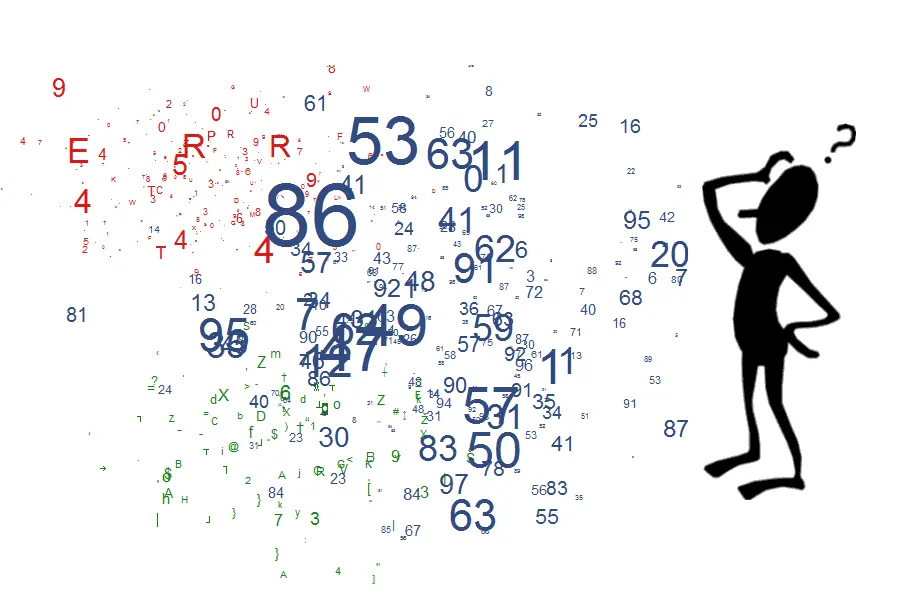Institute of Data Analysis and Process Design (IDP)
We create value from data
We use advanced data-based methods to create innovative solutions for business and industry. We address real-life challenges with scientific methods and a strong commitment to practicability. We are the leading educator and partner of choice for applied data science and business engineering in Switzerland.
Research Groups

Advanced scientific tools for solutions in the financial industry

Health and Environmental Analytics
Analyzing data to derive interpretable results using statistical and machine learning techniques

Maintenance, Mobility, AI & Society
Leverage AI and advanced modeling for innovations in predictive maintenance, mobility solutions, and socially aligned systems

Generating insights, creating value and fostering innovation in business processes and services

Visual Intelligence and Applications
As visual data becomes one of the most abundant and complex sources of information, Visual Intelligence is a key pillar of modern data science — enabling new ways to analyze, model, and communicate through images, video, and immersive environments
For Students
Consulting Services
Team IDP
Publikationen
-
Hertweck, Corinna; Loi, Michele; Heitz, Christoph,
2024.
Group fairness refocused : assessing the social impact of ML systems[paper].
In:
2024 11th IEEE Swiss Conference on Data Science (SDS).
11th IEEE Swiss Conference on Data Science (SDS), Zurich, Switzerland, 30-31 May 2024.
IEEE.
pp. 189-196.
Available from: https://doi.org/10.1109/SDS60720.2024.00034
-
Bünzli, Fabienne; Weber, Wibke; Abdullahu, Fitim; Grabner, Helmut,
2024.
Journal of Advertising.
Available from: https://doi.org/10.1080/00913367.2024.2393719
-
Erland, Sveinung; Bachmat, Eitan; Steiner, Albert,
2024.
European Journal of Operational Research.
317(3), pp. 748-761.
Available from: https://doi.org/10.1016/j.ejor.2022.12.027
-
2024.
Kann die KI bei der Fehlererkennung unter realen Bedingungen helfen?.
fmpro service.
(4), pp. 6-7.
Available from: https://doi.org/10.21256/zhaw-31758
-
Weisskopf, Simon Alexander; Meierhofer, Jürg; Sordini, Furio Valerio,
2024.
Quantitative models for sustainable smart services in the building industry[paper].
In:
West, Shaun; Meierhofer, Jürg; Buecheler, Thierry, eds.,
Smart Services Summit : building resilience in a changing world.
Sixth Smart Services Summit, Zurich, Switzerland, 27 Oktober 2023.
Cham:
Springer.
pp. 29-41.
Available from: https://doi.org/10.1007/978-3-031-60313-6_3
